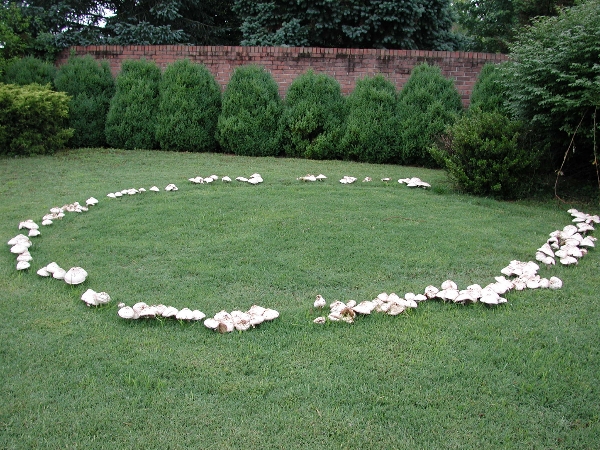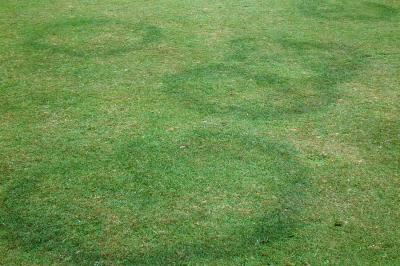- May 5, 2017
- 5,611
- 3,999
- 56
- Country
- United States
- Gender
- Male
- Faith
- Atheist
- Marital Status
- Married
Ok, this is from the Initial Sequence of the Chimpanzee Genome:
So 1.23% plus 3% comes to 4.23% which means the two genomes are 96% the same. So given those unambiguous numbers that require only the most basic math, did Talk Origins lie about the divergence here?
- Single-nucleotide substitutions occur at a mean rate of 1.23%
- The indel differences between the genomes thus total ∼90 Mb. This difference corresponds to ∼3% of both genomes and dwarfs the 1.23% difference resulting from nucleotide substitutions
Insertion and deletion (indel) events account for another approximately 3 percent difference between chimp and human sequences, but each indel typically involves multiple nucleotides. The number of genetic changes from indels is a fraction of the number of single-nucleotide substitutions (roughly 5 million compared with roughly 35 million). So describing humans and chimpanzees as 98 to 99 percent identical is entirely appropriate (Chimpanzee Sequencing 2005).The divergence is measured in base pairs, not events, the statement is obviously wrong, did they lie?
Chimps are our nearest evolutionary cousins, roughly 98% to 99% identical to humans at the genetic level. (What Makes Us Different. Not very much, when you look at our DNA. But those few tiny changes made all the difference in the world. Time Oct. 2006)Time was aware of the Chimpanzee Genome paper, they would mention it a couple of paragraphs later. The number they are clearly wrong, is this a lie?
This one is from the announcement by Nature Magazine Web Focus, specifically of the Initial Sequence of the Chimpanzee Genome. Again the number they use is clearly and obviously wrong:
What makes us human? We share more than 98% of our DNA and almost all of our genes with our closest living relative, the chimpanzee. (The Chimpanzee Genome. Nature.com)
So did they lie? This isn't some obscure speculation about fossil anatomy. This is a complete Chimpanzee genome compared to a complete Human genome. The comparison cites 5 previous research papers that had already confirmed the level of divergence in no uncertain terms.
Have a nice day
Mark
It would be exemplary if you could tell me whether or not you think Mitchell lied or is incompetent.
Mitchell presents herself - and AiG presents her as - as having sufficient expertise in the scientific field in question so as to render an incontrovertible judgment (yet she is but a medical doctor).
Was the person that wrote the Time article presenting him/herself as an expert? Did the reporting attempt to undermine or refute anything?
Is being a few percentage points off the same as misrepresenting something on purpose?
I thought I had seen those numbers bandied about before, and searching this forum, I see that you present this same argument over and over despite the fact that the indel issue had been explained to you repeatedly. I see no reason to go over that material again, since you seem incapable of moving past your errors.
Upvote
0






